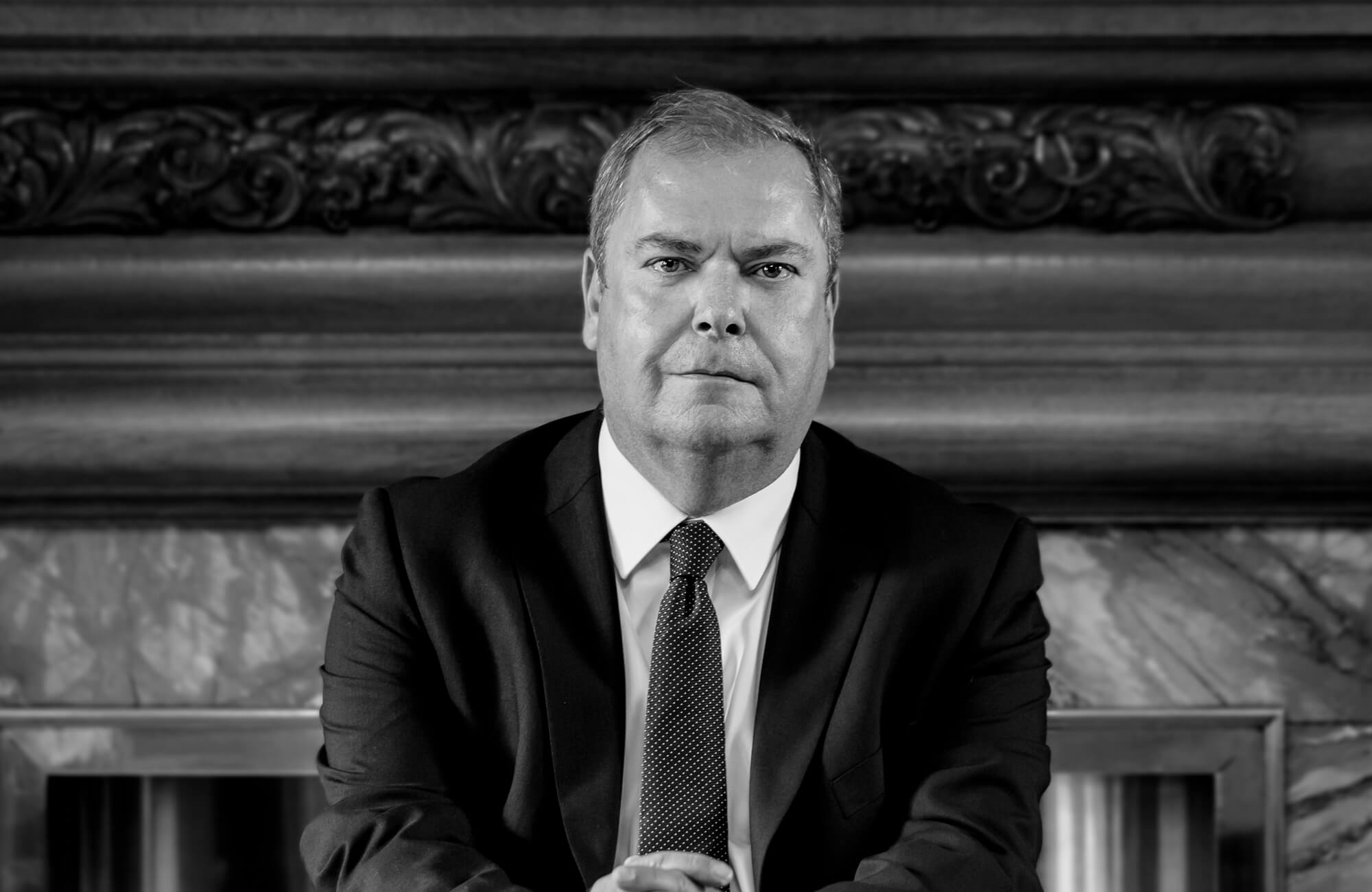There is a political theory known as the Overton Window. If a politician wants longevity in today’s world he must operate within an acceptable spectrum and not express views deemed too radical or unpalatable to the public. At any given moment the Window includes a range of policies deemed politically acceptable in the current climate of public opinion. It appears a similar principle is being adopted in the UK Supreme Court which has now been going for 5 years. The object is to eliminate any dissenting judgments leaving us with a bland unanimity. Lord Neuberger, the President of the UK Supreme Court is striving for shorter judgments and unanimity if possible. Is this conformity the correct approach, the majority of the UK Supreme Court seem to think so. However single judgments according to one justice are likely to render the law ’more monolithic and less flexible’.
There is a political theory known as the Overton Window. If a politician wants longevity in today’s world he must operate within an acceptable spectrum and not express views deemed too radical or unpalatable to the public. At any given moment the Window includes a range of policies deemed politically acceptable in the current climate of public opinion. It appears a similar principle is being adopted in the UK Supreme Court which has now been going for 5 years. The object is to eliminate any dissenting judgments leaving us with a bland unanimity. Lord Neuberger, the President of the UK Supreme Court is striving for shorter judgments and unanimity if possible. Is this conformity the correct approach, the majority of the UK Supreme Court seem to think so. However single judgments according to one justice are likely to render the law ’more monolithic and less flexible’.

